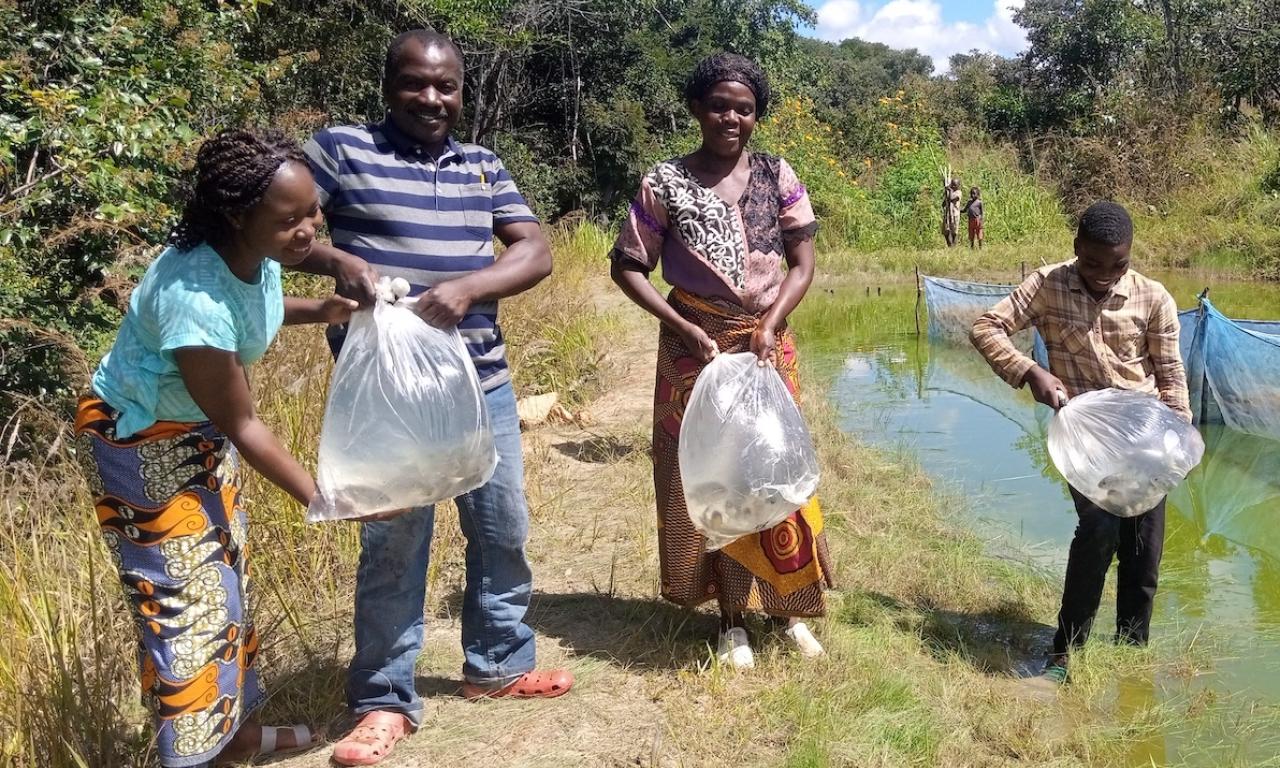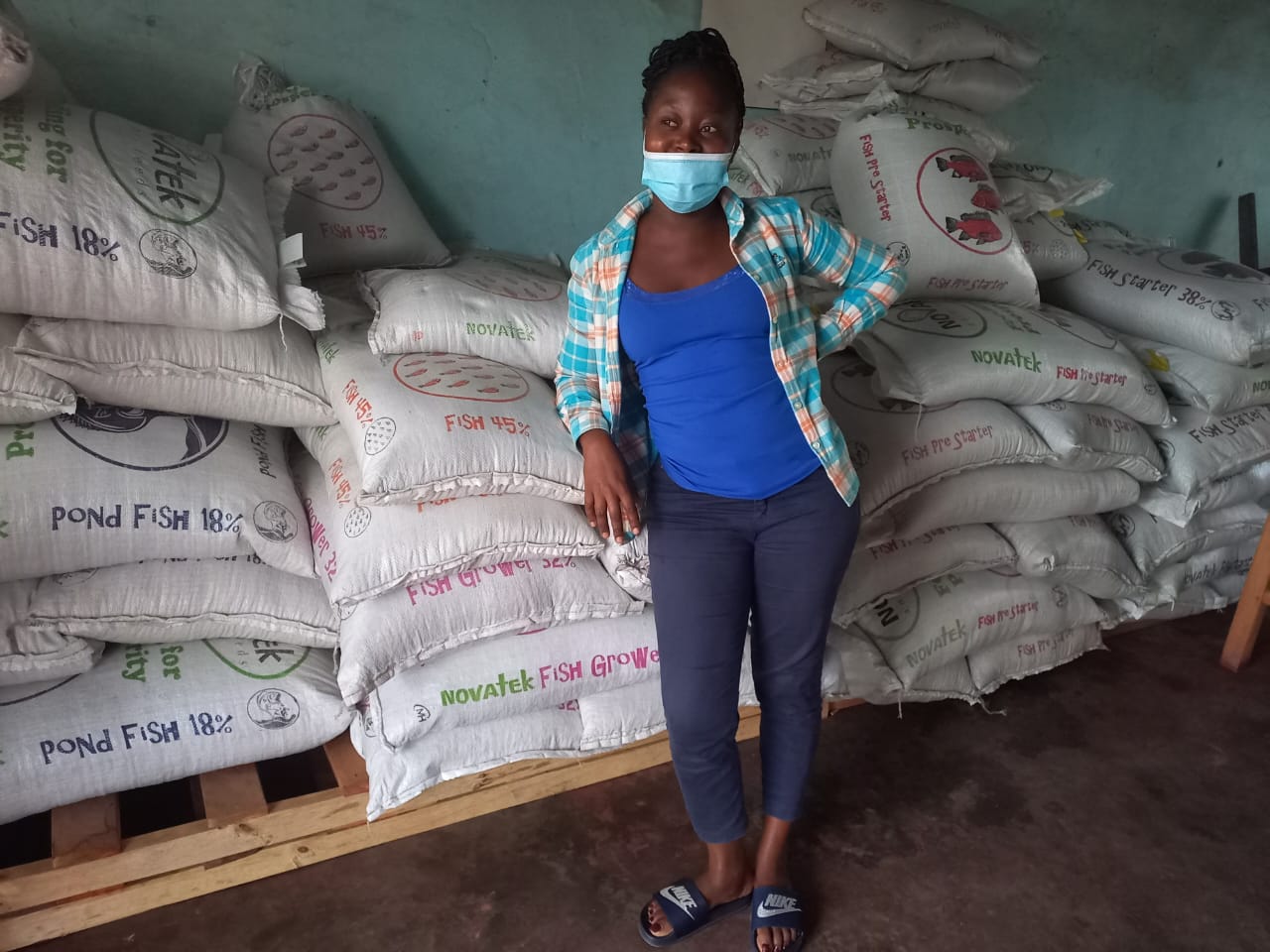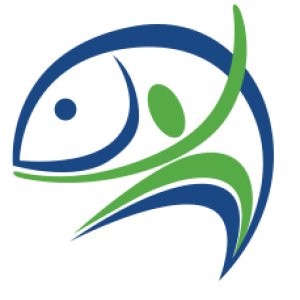
Despite aquaculture’s important role in Malawi and Zambia, where around 20 percent of land is covered in water, smallholder fish farmers face many challenges, including a lack of access to training and quality inputs. For example, they often use poor quality or old fish seed, resulting in low production.
To help overcome these barriers, WorldFish launched the Inclusive Business and Entrepreneurial Models (IBEM) initiative to strengthen the value chain by supporting all actors – fish farmers, and their service and input providers.
The project, which ended in 2022, trained and mentored 73 local agro-dealers and suppliers of inputs for fish farming or “aquapreneurs” on better management practices for aquaculture. The project also supported them in setting up hatcheries to produce seed and upskilled them to become feed suppliers that could in turn provide training and inputs to smallholder farmers in their communities, creating a profitable value chain for farmers and entrepreneurs alike.
Mfune Mwendalubi, living in Zambia’s Mporokoso District, became a first-time fish feed seller as one of the 25 feed aquapreneurs trained and mentored by the project. In the first season, she earned ZMW 17,790 (USD 1040) in revenue by selling feed co-financed by the IBEM project. She has since reinvested the money into growing her feed business. As the only fish feed retailer in the area, farmers now buy from Mfune’s shop instead of travelling more than 150 km away to the next district.
With aquapreneurs in business, more than 73 percent of farmers reported having access to quality fingerlings, up from 14 percent before the project started.
Meanwhile, IBEM trained 3672 farmers—37 percent women— on new approaches for using quality seed and feed, and better management practices for aquaculture. By adopting new technologies, farm household income increased 129 percent, while the local fish supply also improved.

|
As a result of the project, more than 25,000 people, more than half of them women, now have access to healthy and nutritious aquatic foods.
Small businesses like Mfune’s are enabling local fish farming communities to increase their profitability with quality inputs, while being catalytic for attracting more investment. The trained aquapreneurs in Zambia leveraged an additional USD 223,910 for scaling their business—demonstrating a successful approach to gender-inclusive business models that can sustainably increase incomes and improve food and nutrition security in countries like Malawi and Zambia.
Funded by: Deutsche Gesellschaft für Internationale Zusammenarbeit GmbH
Partners: Departments of Fisheries in Zambia and Malawi
